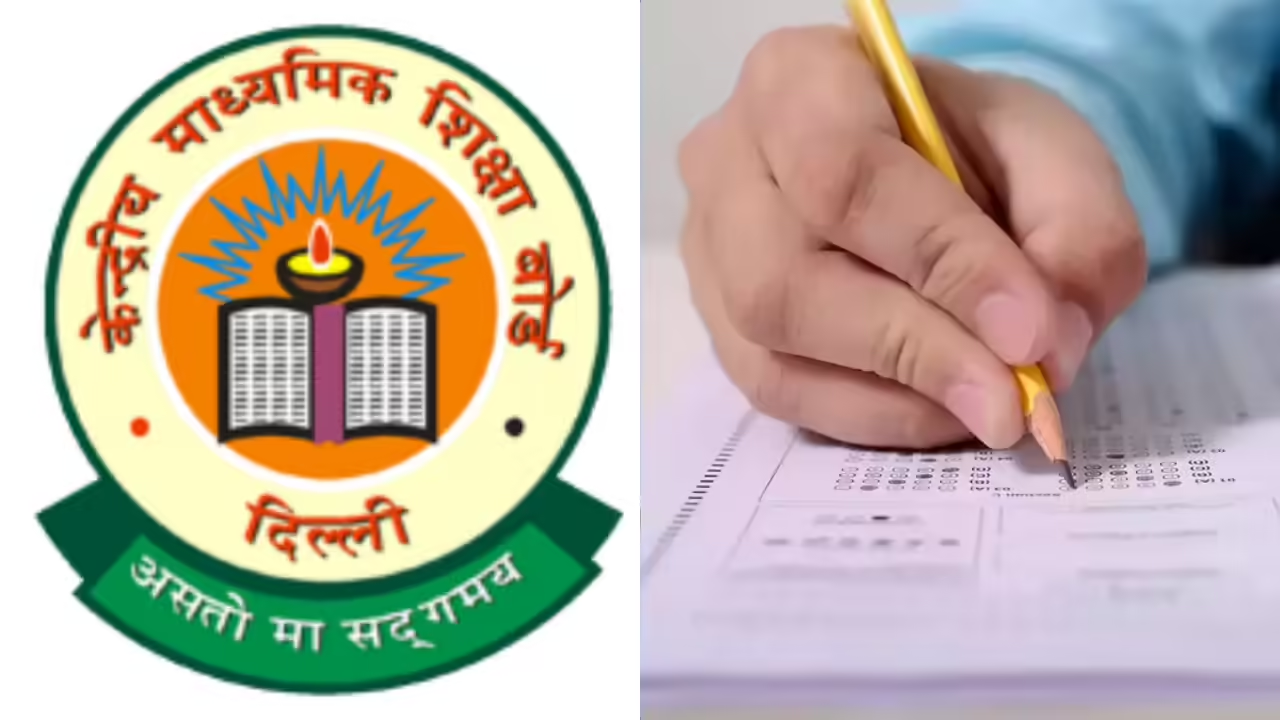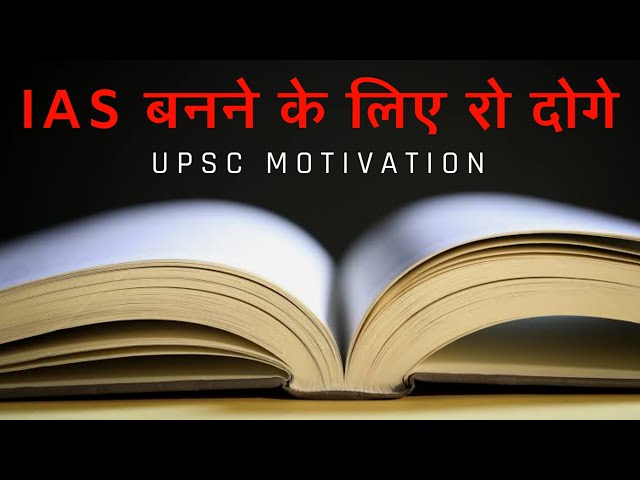Preparing for government exams can feel overwhelming, especially when you’re just starting your journey. But with the right mindset, simple strategies, and a structured study plan, clearing these exams becomes a lot more manageable. Whether it’s UPSC, SSC, Banking, Railways, or State PSCs, the path may be tough, but it’s definitely possible. Thousands of aspirants have walked this road and achieved their goals. And if you are determined, you can too. In this article, we’ll walk you through some of the most effective, humble, and human-friendly strategies to clear government exams—without stress or shortcuts.
Understanding the Nature of Government Exams
Before diving into tips, it’s important to understand the nature of government exams in India. These exams are designed not just to test your knowledge, but also your patience, discipline, and decision-making under pressure. Exams like UPSC Civil Services or SSC CGL are not just about facts—they demand a mix of current affairs, logical reasoning, comprehension, and presence of mind. Knowing what you’re preparing for is the first step to preparing well.
Set a Realistic Study Plan and Follow It Gently
Planning is important, but your plan should be kind to you. A common mistake many aspirants make is creating a very strict timetable that becomes hard to follow after a few days. Instead, set small, achievable daily goals. Divide your day into 3–4 study sessions and give yourself breaks. Use a monthly calendar to track your subjects. Focus more on consistency than intensity. Remember, it’s better to study 4 hours every day for 6 months than to burn out after one week of 12-hour study days.
Know the Syllabus Inside Out
Whether you are preparing for SSC, Bank PO, UPSC, or State exams, the syllabus is your map. Many students start preparing by collecting books or watching random YouTube videos without truly reading the official syllabus. This leads to confusion and wasted time. Go to the official website of your exam and download the latest syllabus. Print it, mark important topics, and check off chapters as you complete them. It may sound simple, but this one habit gives clarity and focus.
Stick to Limited and Trusted Study Material
It’s very tempting to keep collecting books and online courses, but too many resources create chaos. For any subject, choose one main book and one source for revision. For example, for General Knowledge, stick to Lucent or NCERTs. For current affairs, pick one monthly magazine or a trusted website. For Quant and Reasoning, practice from RS Aggarwal or similar books. Government exam toppers often emphasize: it’s not about how many books you read, but how many times you revise the same book.
Master the Art of Revision
Revision is not optional—it is the core of retention. After reading a topic once, your brain retains only 30–40% of it. After a week, that drops to 10–15% unless revised. So, set a revision schedule. Every Sunday, revise what you studied during the week. Before starting a new chapter, quickly glance through the notes of the previous one. Make short summaries and flowcharts. Keep one notebook just for revision notes. This helps especially during the last month before exams.
Solve Previous Year Question Papers
Solving previous year papers is one of the most direct and honest ways to understand what the exam really demands. It familiarizes you with the pattern, type of questions, and weightage of different topics. It also helps in identifying frequently repeated questions. For many exams like SSC, UPSC Prelims, and Banking, a good number of questions are similar to past papers. Try solving at least 5–10 papers before your exam. Time yourself and treat it like the actual exam—it improves your confidence and time management.
Take Mock Tests and Learn from Mistakes
Mock tests are like rehearsals. They help reduce exam fear and improve your decision-making under pressure. Start with one mock test a week, and slowly increase the frequency as your exam nears. More importantly, analyze your mistakes after each test. Check where you lost marks—was it due to time mismanagement, silly errors, or lack of concept clarity? Use that feedback to improve. It’s okay to score low in mocks. The goal is not to feel good in practice, but to feel ready on the real day.
Stay Updated with Current Affairs—But Smartly
Current affairs play a big role in exams like UPSC, SSC, and Banking. But instead of trying to read every newspaper page, be smart. Choose one trusted source—like a monthly current affairs magazine, or a daily summary from a reliable news app or website. Read headlines, understand context, and make short notes. Also, link current affairs to static GK. For example, if there’s news about a new scheme, learn its ministry, features, and background. Make your preparation more connected and meaningful.
Focus on Your Strengths, But Don’t Ignore Weak Areas
Every aspirant has strong and weak areas. You might be great in Quant but struggle with English. Or maybe you love General Awareness but find Reasoning tough. The trick is to play to your strengths while gently improving your weak points. Don’t ignore any section entirely, as most exams have cut-offs in every subject. Dedicate some time every week to topics you find difficult. You don’t have to be perfect—you just need to be better than before.
Take Care of Your Health—Body and Mind
In the rush to prepare, don’t neglect your health. Sleep at least 6–7 hours. Eat homemade food, drink water, and go for a short walk daily. Mental health is equally important. Avoid comparing your progress with others. Social media can often create pressure, so use it mindfully. Talk to supportive friends or mentors. If you’re feeling low, take a short break, not guilt. A calm mind learns faster. A healthy body sustains you through the long journey of government exam preparation.
Believe in Progress, Not Perfection
No preparation is perfect. There will always be a topic you didn’t cover, or a mock test you scored low in. That’s okay. Progress happens one small step at a time. Even if you study 1 topic a day, you’re moving forward. Celebrate small wins—completing a chapter, solving a tricky question, revising a subject. Keep reminding yourself why you started. Government jobs are worth it—not just for stability, but for the pride of serving the country. And your efforts are building that dream each day.
Join a Study Group or Find a Study Partner
Sometimes, a little companionship helps a lot. If possible, join a study group—online or offline. Discussing topics with others clarifies doubts and gives new perspectives. Teaching someone else is also a great way to reinforce your own understanding. But choose your company wisely. A positive and focused group can boost your preparation, while a distracted or negative one can drain your energy. If nothing else, find a friend who checks in with you weekly—it builds accountability.
Stay Updated on Notifications and Changes
Exam patterns and eligibility rules can change. Always check the official websites for updates. Set alerts or join trustworthy Telegram or WhatsApp groups that share verified updates. Being informed helps you stay one step ahead. Also, make a checklist of documents, deadlines, and exam dates. Being organized in this area saves last-minute panic.
Conclusion: You’re Capable, Keep Going
Clearing government exams is not just about talent—it’s about steady effort, smart planning, and believing in your journey. Every page you read, every hour you study, is an investment in your future. Don’t be too hard on yourself. Keep it simple, sweet, and steady. And most importantly, don’t give up just because it’s taking time. Good things take time. Great things take dedication. If you found this article helpful, consider sharing it with a friend who’s also preparing, or leave a kind comment below—we’d love to hear what your biggest learning tip has been.








